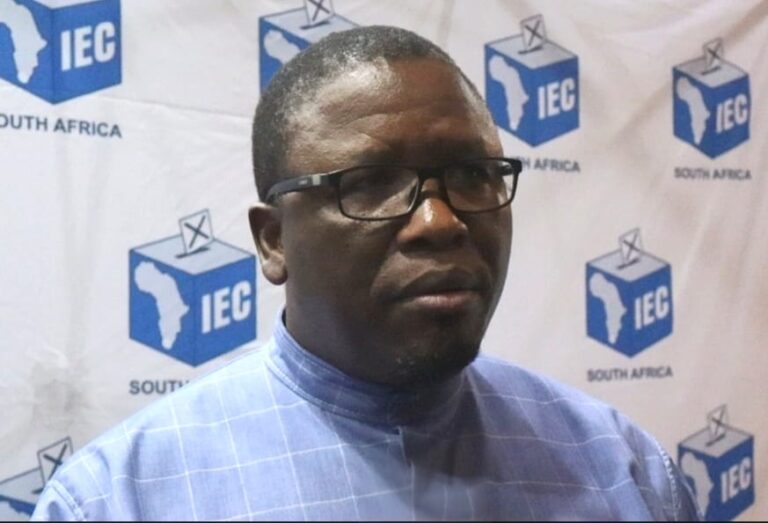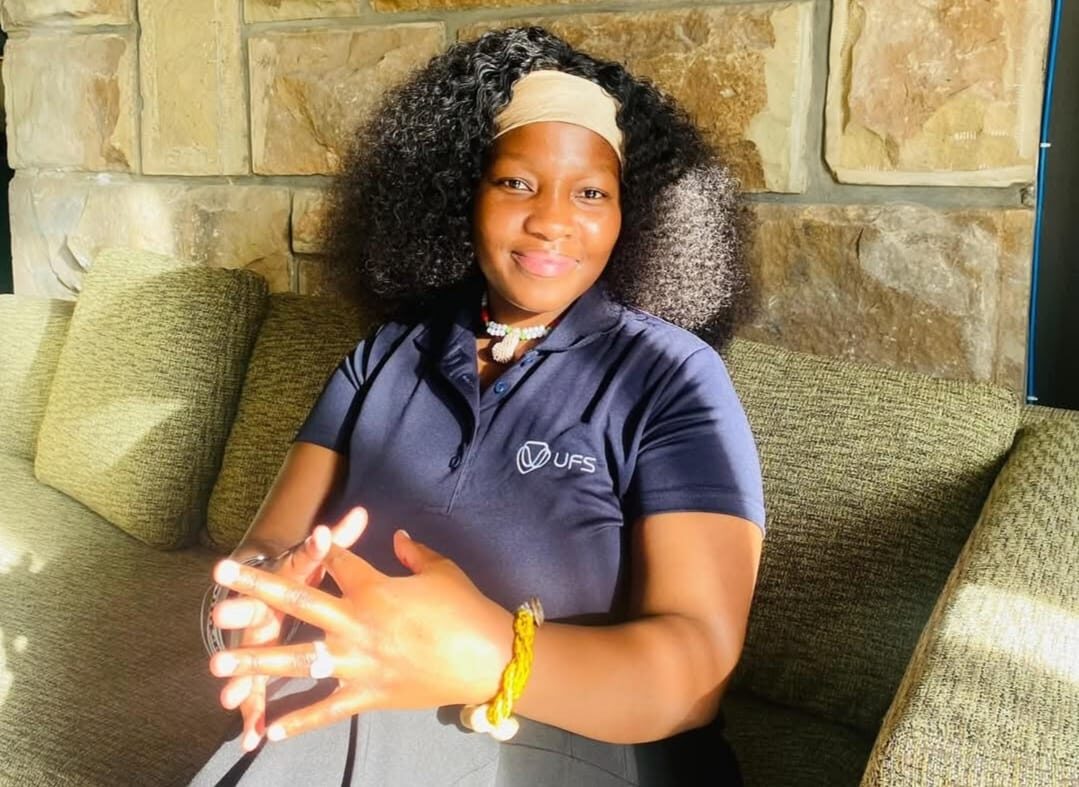By Emily Setona
QWAQWA – Mofumahadi Neo Mononela Mopeli, a dynamic leader and passionate advocate for community empowerment, has been appointed as the deputy-chairperson of the newly established South African Queens Council. This landmark initiative, spearheaded by the Minister of Cooperative Governance and Traditional Affairs (COGTA), Velenkosini Hlabisa, seeks to strengthen the role of Queens in traditional leadership, fostering social cohesion and driving socio-economic transformation.
In an exclusive interview with The Guard, Mofumahadi Neo Mopeli unveils her ambitious five-year strategic plan for Maluti-a-Phofung and Qwaqwa on the back of her appointment as the deputy-chairperson of the South African Queen’s Council which appointed its leadership during the last week of March, 2025. With a firm commitment to revitalizing traditional leadership, she outlines her vision for a self-sufficient, empowered, and culturally enriched community.
A vision for empowerment
“Our goal as the Royal House is to harness traditional leadership as a catalyst for sustainable development. We aim to create empowered, self-sufficient rural communities that actively participate in revenue-generating programs while preserving and celebrating our rich cultural heritage,” she asserted.
Her strategic blueprint, crafted in collaboration with her husband Morena e Moholo Moremoholo Mopeli, prioritizes poverty eradication, job creation, economic revitalization, and cultural preservation. The Royal House envisions a community where economic hubs thrive, education is accessible to all, and cultural heritage is both honoured and leveraged as an economic driver.
Strategic implementation and collaboration
A key pillar of the plan is land utilization. “We are identifying strategic parcels of land and, in partnership with development agencies, transforming them into productive agricultural zones,” she explained. This initiative will create employment opportunities and address food security.
Beyond agriculture, the Royal House is actively working with the Department of Small Business Development to provide community entrepreneurs with access to grants from the Youth Fund and Tourism Fund. “We want to see young people and women becoming financially independent through entrepreneurship,” she emphasized.
Investing in infrastructure and education
Recognizing the importance of education and recreation, the plan includes the establishment of a community library, a youth recreational centre, and an amphitheatre. “These spaces will serve as cultural and educational hubs, fostering both academic and artistic expression among our youth,” Mofumahadi Mopeli explained.
Collaboration with the SETAs is also underway to provide educational grants and vocational training. “Empowering our people with skills is key to building a sustainable future,” she stated.
Addressing urgent needs: water, electricity, and food security
“Access to water, electricity, and food security remains a top priority. These are fundamental human rights, and we will work tirelessly with government stakeholders to resolve these challenges,” she declared.
With persistent engagement and a clear roadmap, she is confident that meaningful change is within reach. “We have committed leaders, a determined community, and a strategy designed for real impact,” she added.
A leader for women and the marginalized
Beyond her traditional role, Mofumahadi Neo Mopeli is a steadfast advocate for women and marginalized groups. “Gender-based violence is an issue I will not ignore. We must ensure that women and children in our community receive the protection and support they deserve,” she affirmed.
As a senior member of the South African Queens Council, she is dedicated to addressing systemic challenges faced by traditional communities nationwide. “The Council will work collaboratively to drive socio-economic development, preserve cultural heritage, and challenge harmful practices,” she stated.
The South African Queens Council: A platform for change
The newly established South African Queens Council, first announced by Minister Hlabisa in October 2024, is designed to support traditional leaders in their customary duties and serve as advisors on key community matters. Under the leadership of Chairperson Queen Tina Madosini Ndamase and Secretary Queen Lolita Hokwana Matanzima, the Council will focus on: social cohesion and moral regeneration; socio-economic development and community support; and the preservation of cultural heritage.
Speaking on the initiative, Minister Hlabisa emphasized, “The Queens Council is a transformative platform that enables Their Majesties to engage directly on the crucial role they play in their communities. This initiative embodies the principles of Ubuntu and collaborative leadership.”

Mofumahadi Neo Mononela Mopeli the deputy-chairperson of the South African Queen’s Council.
As the interview concluded, Mofumahadi Neo Mopeli issued a powerful call to the people of Maluti-a-Phofung and Qwaqwa: “This is not just about leadership from above; it is about partnership and collaboration. We need the community to stand with us, to actively participate in their own development. If we work together, we can achieve a future where our people thrive, our traditions are honoured, and our economy flourishes.”
With her appointment to the Queens Council and her unwavering commitment to transformation, Mofumahadi Neo Mopeli stands at the forefront of a new era in traditional leadership—one marked by action, resilience, and a vision for sustainable progress.



















